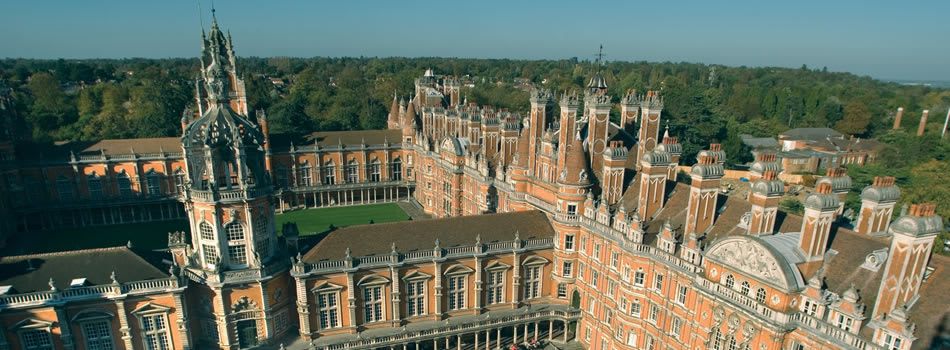The honeybee waggle dance is among the most sophisticated communication systems in the animal kingdom, but we still do not understand why it has failed to evolve in even a single other social insect. What were the ecological circumstances that drove the evolution of this unique behaviour? One way to approach this question is to identify landscapes in which dance-based recruitment leaves a detectable imprint on colony foraging patterns, relative to an individual search-based strategy. We have recently developed a novel method that can do this, by comparing the distribution of real forage sites visited by the colony to a pre-existing simulation model. Here, we will use this approach to explore how the importance of dance communication varies across resource-rich and resource-poor environments. The work will involve extensive summer fieldwork with honeybees to record colony foraging patterns by decoding waggle dances, carried out within our parkland-based campus (and potentially also across a network of sites across SE England). We hypothesize that dance communication may have the greatest impact on colony foraging patterns in rich, diverse environments, while individual search may dominate when resources are sparse.
The successful applicant should have a BSc in Biology, Ecology or a closely-related subject, and proficiency with programming in R. Experience with Python would be advantageous. Since a large component of the project involves fieldwork, previous experience of empirical work with live animals is essential, as are the communication skills necessary to form links with landowners and the beekeeping network. We are seeking someone who can provide strong evidence of a keen interest in these extraordinary animal societies, alongside the programming prowess to implement our methodology, and the resilience and project management skills to ensure that the fieldwork is successful. A clean driving licence would be advantageous. Unfortunately, the project is not suitable for anyone with a known allergy to bee stings.
The student will be based in the research group of Prof Elli Leadbeater (expertise in social insect behaviour), with co-supervision from Prof Vincent Jansen (expertise in mathematical biology). Interested applicants are strongly advised to contact Prof Elli Leadbeater for more details about the project prior to application ([Email Address Removed]).
To apply follow link and instructions at https://www.royalholloway.ac.uk/research-and-teaching/departments-and-schools/geography/news/london-nerc-dtp-competition-funded-studentship/

 Continue with Facebook
Continue with Facebook





